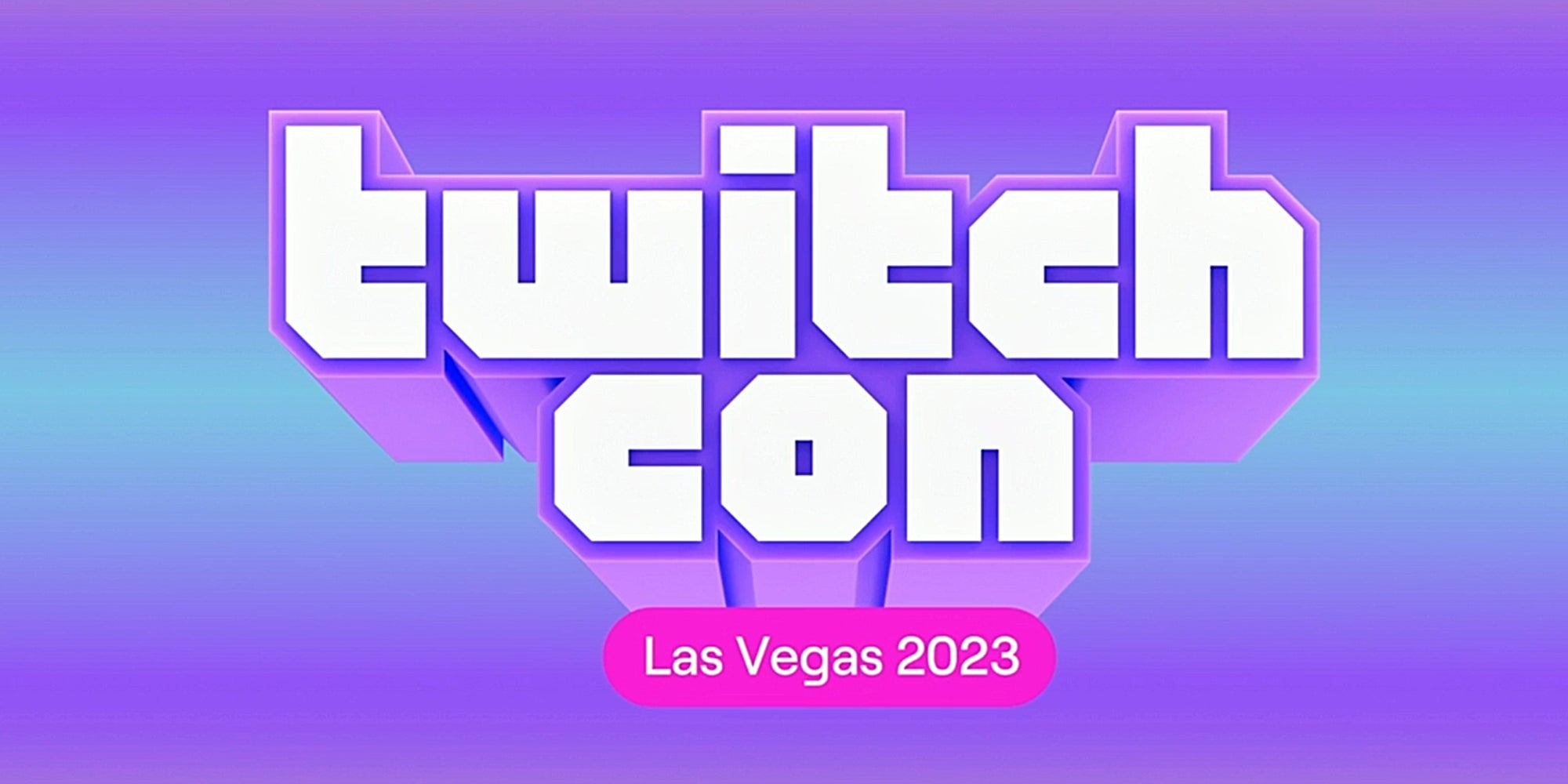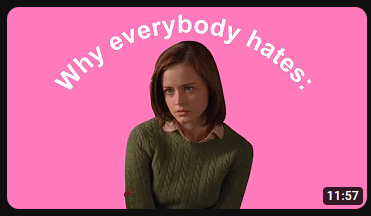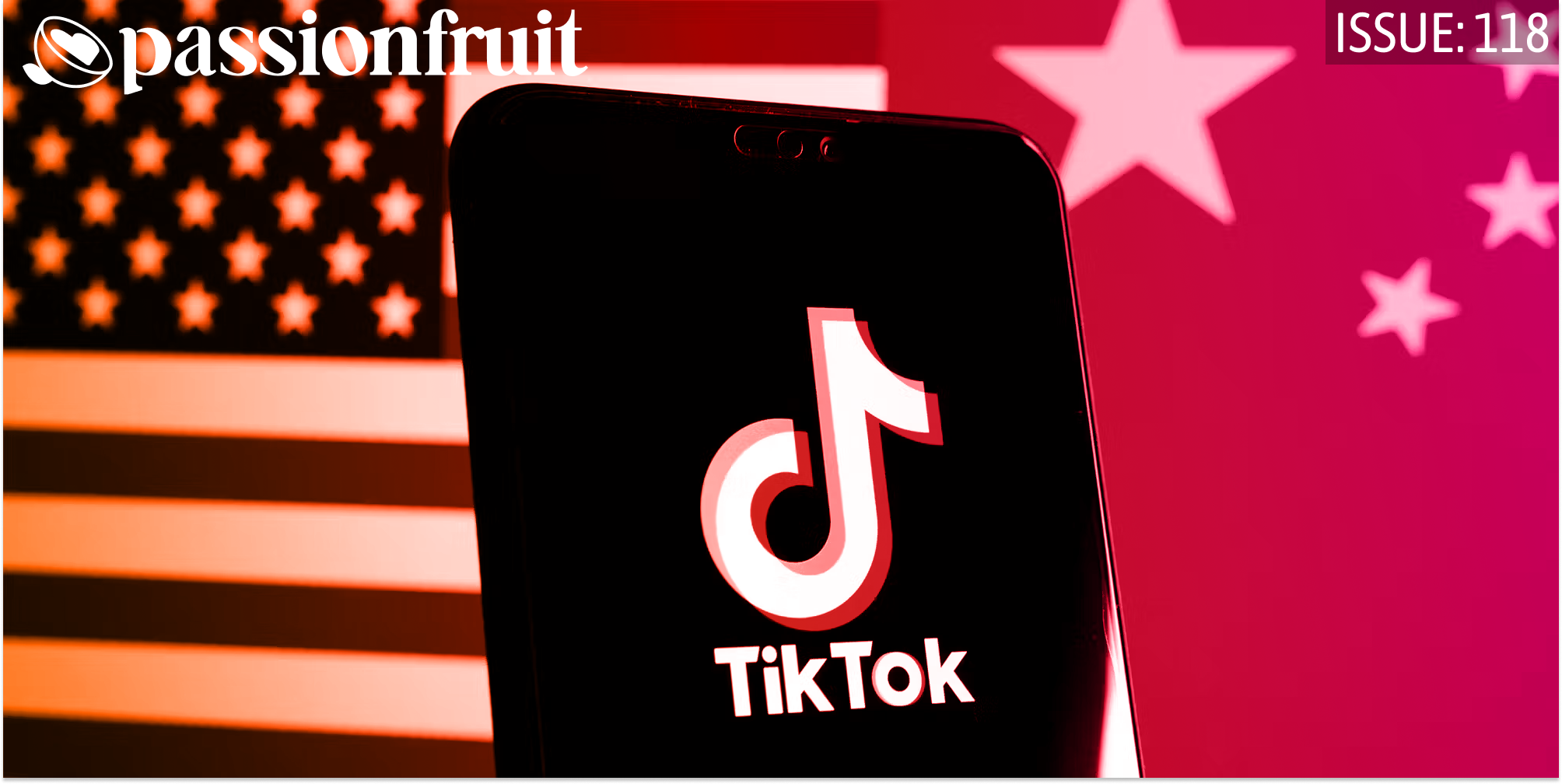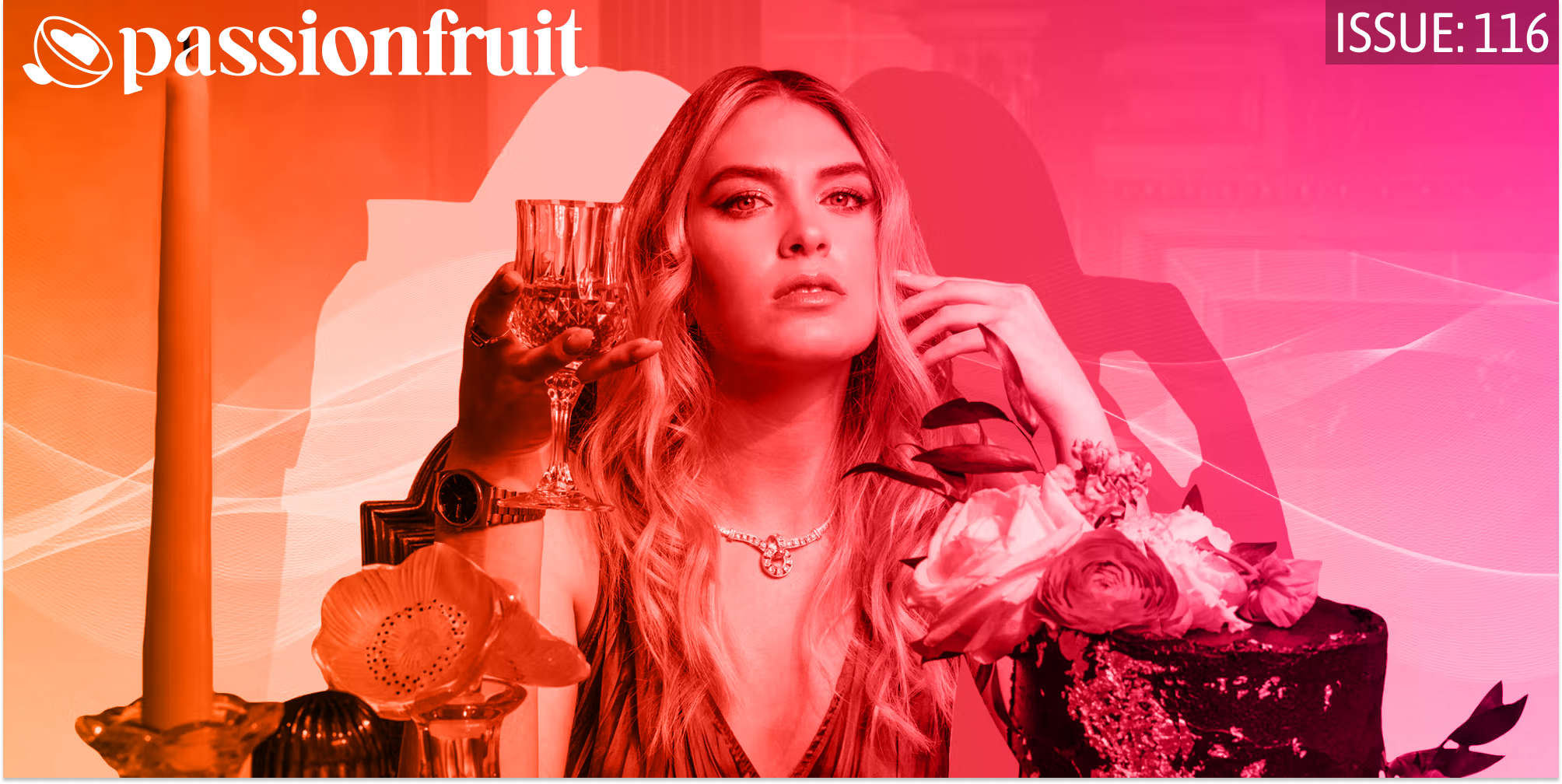CREATOR NEWSLETTER
Issue #179 | October 24, 2023
This weekend under the shiny lights of nearby casinos on the Las Vegas strip, Twitch made a revelatory announcement: It is now, finally, officially allowing creators using its platforms to simultaneously stream across any platform.
In case you’re unfamiliar, for a long time, Twitch had the sort of terms of service whereby its verified creators could not stream on rival live streaming platforms like YouTube or Facebook. That said, many Twitch partners disregarded this rule and were never punished or caught. The rule was, however, sometimes enforced. Especially with big-name creators, like Ninja or Pokimane. For those creators, Twitch offered flashy non-compete deals to incentivize posting original content on the platform, dishing out estimated six-to-eight-figure deals for exclusivity. (Exclusivity means what it sounds like here: Your content is only to appear here, or else your Twitch income goes away.)
In August 2022, Twitch loosened its exclusivity rules a bit, announcing all partners could simulcast on non-rival platforms, like TikTok and other short-form video apps. Twitch also said partners could live stream on competing platforms like YouTube or Facebook, although they could not simulcast original Twitch streams.
These small changes inevitably weren’t enough for many top streamers, who recognized both the discoverability and revenue diversification benefits of a platform-agnostic social media approach. Ninja, for example, had an exclusive deal with Twitch but dropped the contract in early September 2022, saying he thought it would be more beneficial to be able to simulcast across YouTube and Facebook.
In late September 2022, Twitch really pissed creators off after ending its 70% revenue-sharing deal with top partners, announcing it was reducing everyone to a 50/50 revenue split across the board. Many top streamers started looking for better prospects with other platforms, like Kick — a live-streaming platform that offers a more generous 95/5 revenue split and the freedom to simulcast. In 2023, Kick signed multi-million non-exclusive deals with many top creators (namely Nickmercs, Amouranth, and xQc) to lure them to the platform.
Despite ending its simulcasting prohibition this weekend, Twitch is still, to an extent, keeping a kind of “walled garden” approach — doing everything it can to keep users who are inside the platform from leaving. Creators still won’t be allowed to link out to their streams on other platforms. And the company says no third-party tools can be used by creators to merge chats across multiple platforms.
But, these latest moves show that companies are seeing the diminishing value of expensive, exclusive contracts in the creator age. In fact, Bloomberg reported yesterday that Twitch employees say the platform is phasing out high-ticket deals with live streamers. According to one Twitch executive, the platform is tired of unsustainable “bidding wars.”
And it’s not just Twitch — Bloomberg also reported that anonymous YouTube employees alleged that YouTube is backing away from these types of exclusivity deals with top gamers and will be trimming the length of pre-existing contracts.
All of that raises the question, is exclusivity dead? Cross-platform presence and discovery, is of course, beneficial for most people making content on the internet — but it also seems beneficial for the platforms. Amazon, which owns Twitch, is notoriously all about data and numbers: There’s no way Twitch would announce this news unless it did the opportunity-cost evaluation and took the gamble that ending platform exclusive demands was going to be worth it for their bottom line.
In fact, businesses across the entire entertainment ecosystem are teasing out the costs and risks of platform exclusivity. Paramount, for example, tested out letting “Mean Girls” be 100% available for free on TikTok as a promotional tactic. Debates abound over Microsoft’s acquisition of game publisher Activision Blizzard on Friday — and whether or not Activision’s highly anticipated games “Modern Warfare III” and “Diablo IV” will be put exclusively on Microsoft’s Xbox consoles or if they will be multi-platform releases. Microsoft’s CEO hinted the company will take a “games first” approach and lean into distributing games across PC, mobile, and multiple consoles.
Of course, many platforms are still testing ways to keep their walls as high as possible, with increasing subscription fees and platforms like X/Twitter discouraging cross-platform link sharing. And non-competes, certainly, are not dead yet in this creator economy landscape.
But talent exclusivity is a concept from the early days of Hollywood that no longer works. It was an idea that only worked well for big studios and networks when they had near-total media monopolies (oligopolies, to be specific). But now, social media platforms have opened up distribution channels, and even those creators who do sign deals tend to not play ball the way media companies would hope.
This is why platforms like Twitch will have to strike a balance, paying creators enough to stay afloat while not boxing them into stuffy contracts. And hey, less money at the top could mean more going around for everyone else… Right?
– Grace Stanley, Newsletter and Features Editor
PLATFORMS
TwitchCon in the Desert Left Me Feeling Lukewarm
After attending this year’s TwitchCon, I’m left wondering what streamer culture is anymore.
By Steven Asarch, Passionfruit Contributor

SPONSORED

Create your stunning portfolio website
Pixpa is an easy, all-in-one portfolio website builder for photographers and creators to create portfolio websites with a built-in online store, blog, and client galleries — without touching a line of code. Do more with less time and money.
IN THE BIZ
- As the humanitarian crisis in Gaza worsens, creators accused Instagram of unjustly censoring their content about the territory.
- FaZe Clan, an esports company struggling to stay afloat, was acquired by gaming firm Gamesquare.
- Streamer DrDisRespect surpassed iShowSpeed as the most-watched North American YouTube streamer.
- TikTok is currently testing a feature that would allow users to upload videos up to 15 minutes long, indicating a potential shift towards longer-form content on the platform.
- Instagram is testing a new feature that enables users to transform their photos into stickers for use in Reels and Stories.
- Instagram is also testing a verified feed feature that separates content from verified accounts into a dedicated tab.
CULTURE
Passionfruit Presents: Taylor Lorenz Talks ‘Extremely Online’ Internet Misogyny (Video)
The author and tech journalist on how women have shaped social media and online commerce but rarely reap its rewards.
By Drew Grant, Managing Editor
TIPS AND TRICKS
The Importance of Model Releases: Protecting Yourself and Your Content as a Creator
Always cover your bases with a model release form.
By Demeter DeLune, Passionfruit Contributor
JOB BOARD
- Gaming creator Gupp is looking for a video editor.
- YouTuber PeterMc is looking for a video editor.
- Ryan Pictures is looking for a scriptwriter and a video editor.
- Vlogging channel RonRon is looking for a thumbnail designer.
FALL MADE ME DO IT
It’s fall y’all, you know what that means. Time to bust out your favorite comfort shows… and video essays hating on the characters from said shows.


Copyright © 2022 Passionfruit, All rights reserved.
You are receiving this email because you signed up to get the latest tips, tricks,
and trends in the creator economy from Passionfruit.
Have an idea for our next big story or want to get featured? Email us at tips@passionfru.it
Don’t want to hear from us anymore?
Click here to unsubscribe
To view in your browser click here





